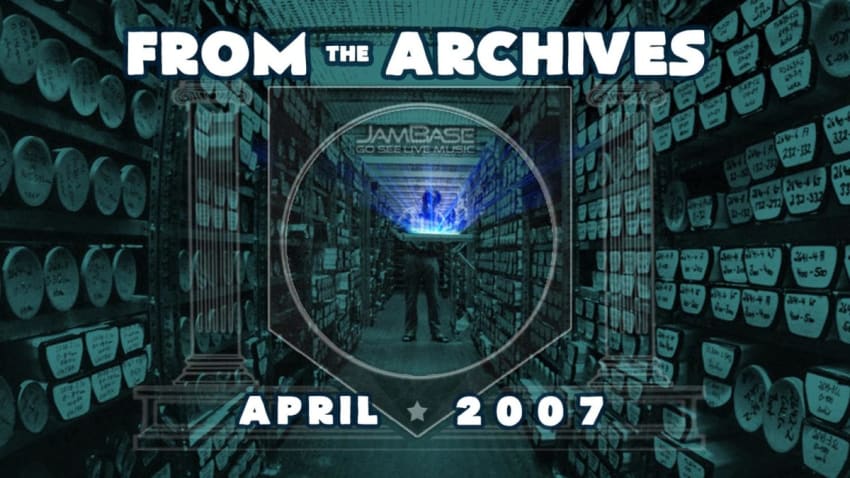SOULIVE JOINS STAX
By Team JamBase Apr 9, 2007 • 12:00 am PDT

NO PLACE LIKE SOUL ON JULY 31
ALBUM IS INAUGURAL RELEASE BY TRIO OF NEWLY SIGNED STAX ARTISTS
“Soulive transforms sounds of the past into a potent modern mix.” —The Los Angeles Times
 |
With the new addition of https://www.jambase.com/search.asp?bandID=21435, a vocalist who has spent the past several years touring with his reggae outfit The China Band, No Place Like Soul is the first Soulive album with a full-time vocalist and is the first that the band has recorded as a quartet since forming in 1999. Expanding upon the beat-driven instrumentals of 2005’s Break Out, No Place Like Soul combines Toussaint’s vocals with rich soul grooves that call to mind the band’s legendary Stax predecessors. The album features 13 new tracks including standouts like the gospel-tinged “Waterfall,” the reggaefied hip-hop of “If This World Were A Song” and the infectious soul clap of “Comfort.” No Place Like Soul is produced by Stewart Lerman who has worked with such disparate talents as Loudon Wainwright III, Dar Williams and Vinicius Cantuaria.
Based in New York, Soulive is comprised of brothers Alan (drums) and Neal Evans (Hammond B-3 organ), as well as Eric Krasno (guitar) and Toussaint (vocals). The band has toured with the likes of The Rolling Stones, Dave Matthews Band, The Roots, John Mayer and Common and recorded with acclaimed artists such as Talib Kweli, Robert Randolph and Chaka Khan.
In honor of the 50th anniversary of Stax Records—home to many of soul music’s most enduring recordings—Concord Music Group is re-launching the famed soul label. Releasing hit after hit from Otis Redding, Booker T. & the MG’s, Isaac Hayes, Sam and Dave and The Staple Singers, among others, Stax Records pushed soul music to new heights. In a year of activity that will include deluxe reissues, special events and a slate of new signings, the re-launching of Stax will not only pay tribute to the label’s past glories but also solidify its future. Soulive’s No Place Like Soul is ample proof that the Stax legacy is as vital as ever.
